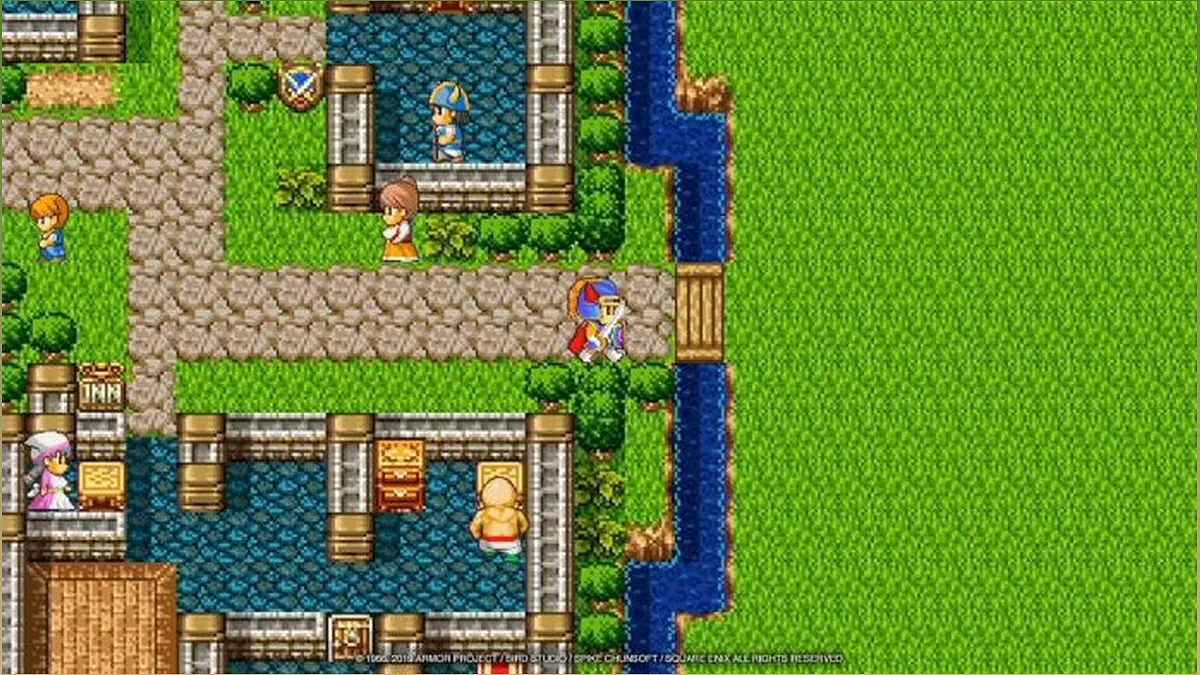In the world of gaming, player attitudes and preferences have undergone significant changes over the years. This article explores the impact of these shifting gamer perspectives on classic RPG elements and gameplay mechanics. Join me, Michael Johnson, a game developer and content writer, as we delve into the reasons behind the perceived tedium and evolving expectations in modern gaming experiences.
The Impact of Evolving Gamer Attitudes
Explore how changing gamer attitudes have shaped the perception of classic RPG elements.
Gamer attitudes have evolved significantly over the years, leading to a shift in their expectations and preferences when it comes to gaming experiences. This transformation has had a profound impact on how classic RPG elements are perceived in modern games.
With the advancement of technology and the expansion of gaming possibilities, players now seek greater variety, depth, and engagement in their gameplay. This has led to a reevaluation of traditional RPG mechanics and the perception of certain elements as tedious or repetitive.
However, it is important to note that this shift in attitudes does not necessarily indicate a decline in game design quality. Rather, it reflects the changing demands and preferences of the gaming community.
The Burden of Manual Labor in RPGs
Discover how certain gameplay elements can inadvertently create a sense of manual labor for players.
One of the aspects that has contributed to the perceived tedium in RPGs is the inclusion of certain gameplay elements that require meticulous exploration and interaction. These elements, initially intended to enhance immersion and discovery, can inadvertently create a sense of manual labor for players.
For example, the habit of meticulously inspecting every nook and cranny, checking every drawer or talking to NPCs multiple times has become ingrained in players due to the potential rewards or changes in dialogue that may occur. However, as games have become more expansive and complex, these actions can start to feel like a chore rather than an enjoyable experience.
Game developers have recognized this issue and have proposed solutions such as making hidden items more visually distinct or implementing changes in NPC dialogue after specific interactions. These approaches aim to alleviate the burden of manual labor and make the gameplay experience more engaging and rewarding.
Time vs. Efficiency: The Changing Priorities
Explore how the shift in gamer priorities has influenced the perception of classic RPG elements.
One of the key factors driving the changing perception of classic RPG elements is the shift in gamer priorities towards time efficiency. In today's fast-paced world, players often seek efficient and streamlined gameplay experiences that maximize their time investment.
This change in priorities has led to a reevaluation of certain RPG mechanics that may be perceived as time-consuming or repetitive. Players now expect a greater variety of actions, events, and meaningful choices in their gaming experiences, which can make seemingly simple tasks feel like a waste of time.
Game developers are adapting to these evolving priorities by incorporating features that enhance efficiency without sacrificing depth or immersion. This includes providing clear objectives, minimizing unnecessary backtracking, and offering meaningful rewards for player actions.
The Future of Rewarding Gameplay
Discuss the evolving perception of rewarding gameplay and its implications for future game design.
As player attitudes and expectations continue to evolve, so does their perception of what constitutes rewarding gameplay. Traditional elements that were once considered rewarding may no longer hold the same appeal in modern gaming experiences.
Players now seek a balance between meaningful rewards and engaging gameplay mechanics. This includes a focus on player agency, immersive storytelling, and dynamic gameplay systems that adapt to player choices.
Game developers must continually innovate and adapt to meet these changing demands. By understanding the evolving perception of rewarding gameplay, they can create experiences that resonate with players and keep them engaged in the ever-evolving world of gaming.

